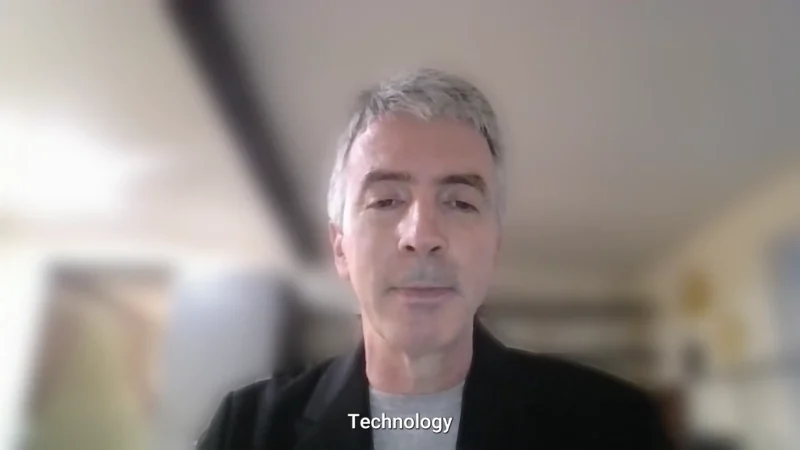The Essential Role of Energy Integrators in Modern Homes
Energy integrators play are essential in the modern home of automation and energy efficiency. On “The Next Generation of Energy” podcast, hosted by Bobby Brill, Joe Piccirilli, the CEO of RoseWater Energy, examines how energy integrators work in today’s homes. This episode provides a comprehensive overview of how energy integrators revolutionize people’s thoughts about power and electricity in living spaces.
Piccirilli explains the evolution of home energy systems, highlighting the shift from traditional electrical setups to sophisticated, integrated solutions that ensure consistent power supply and optimize energy usage. With the increasing demand on the grid and the advent of smart home technologies, the need for specialized energy integrators has become apparent. These integrators manage the seamless operation of various energy sources, including solar and battery backups, to ensure homes can handle the demands of modern appliances and technologies without interruption.
The discussion emphasizes the importance of a holistic approach to home energy planning, where every component, from generators to microprocessors, works in harmony. This synergy is crucial for maintaining power quality and preventing outages that can disrupt daily life. As homes become more connected and reliant on technology, the role of the energy integrator becomes indispensable in creating resilient, efficient, and smart living environments.




